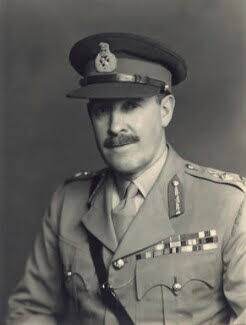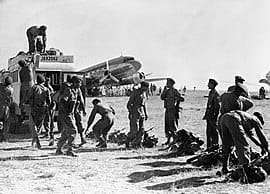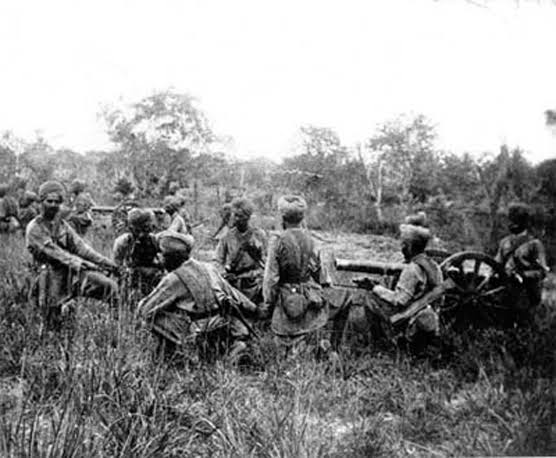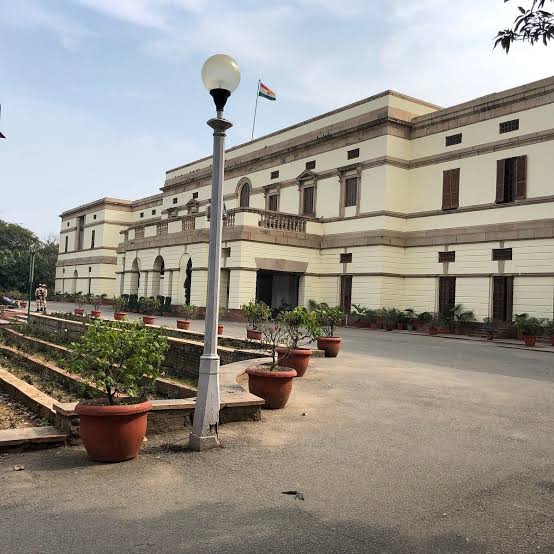#SAT Analytics✨
The Bucher Papers - A 🧵
#India has long been accused of attempting to stop the declassification of documents from 1947 pertaining to #Kashmir out of concern that the "sensitive" letters might have an impact on international relations.
1/14
The Bucher Papers - A 🧵
#India has long been accused of attempting to stop the declassification of documents from 1947 pertaining to #Kashmir out of concern that the "sensitive" letters might have an impact on international relations.
1/14

The letters, also known as the Bucher papers, are thought to include political and military grounds for Jawaharlal Nehru, #India's first prime minister, to request a cease-fire with #Pakistan and grant the state of Jammu & Kashmir special status.
2/14
2/14

For the current nationalist government in Delhi, which has derided Nehru's decision to reach a compromise on status of disputed Kashmir as an ignorant "blunder," the correspondence from the then-commander-in-chief, Gen. Roy Bucher, will have major political implications.
3/14
3/14

For many years, the region in the Himalayan foothills was granted autonomy over all matters other than foreign policy and defence, a separate constitution, and a flag. The Kashmiris considered them essential for defending their rights in the Muslim-majority state.
4/14

4/14


However, in an attempt to fully merge the disputed territory into #India, the #Delhi government formally withdrew its constitutional autonomy in 2019 under the leadership of Hindu nationalist Prime Minister #NarendraModi.
5/14

5/14


As armed rebellion raged on, the decision strengthened the government's authority in the region and fuelled further enmity. For years, activists have attempted to declassify the documents to shed light on the rationale for Article 370, which granted J&K its special status.
6/14

6/14


The letters demonstrate that #Nehru did, in fact, follow the counsel of his most trusted military advisor, who had cautioned that a political solution would be required since #India would not be able to sustain a protracted military campaign in #Kashmir.
7/14

7/14


An "overall military decision was no longer possible," Bucher added in his letter to #Nehru dated November 28, 1948, warning of fatigue among #Indian troops in #Kashmir. Having identified weaknesses in the army's personnel, he deemed rest and training essential.
8/14
8/14

In response, #Nehru expressed anxiety over reports that #Pakistan planned to attack Indian sites from the air within the next several weeks. Pakistan was constructing roads in the background to strengthen and enhance its positions.
9/14

9/14


Bucher clarified his position in a subsequent letter dated December 28: "I am afraid we cannot take military action to stop every road-building operation by #Pakistan. May I suggest a political approach to this problem?"
10/14
10/14

The United Nations-mediated ceasefire in January 1949 brought an end to the war, & later that year, #Nehru granted the state of J&K special status, granting the region autonomy.
However, the decision to negotiate a UN-mediated compromise, according to India's…
11/14

However, the decision to negotiate a UN-mediated compromise, according to India's…
11/14


…home affairs minister Amit Shah, was Nehru's "biggest mistake" and a "Himalayan blunder," he claimed in 2019.
Why did a cease-fire need to be declared when #India was set to win the war? he remarked.
12/14

Why did a cease-fire need to be declared when #India was set to win the war? he remarked.
12/14


Since 1970, the Nehru Memorial Museum and Library in #NewDelhi has held the Bucher papers. Moreover, the National Army Museum in #London has copies of parts of the Bucher correspondence.
13/14

13/14


It is important to recall that #Nehru advocated in 1952 for the right to self-determination for the #Kashmiri people, stating that only the people of #Kashmir can decide their future and that India would not force its will on them "at the point of the bayonet."
14/14 End


14/14 End



• • •
Missing some Tweet in this thread? You can try to
force a refresh





















